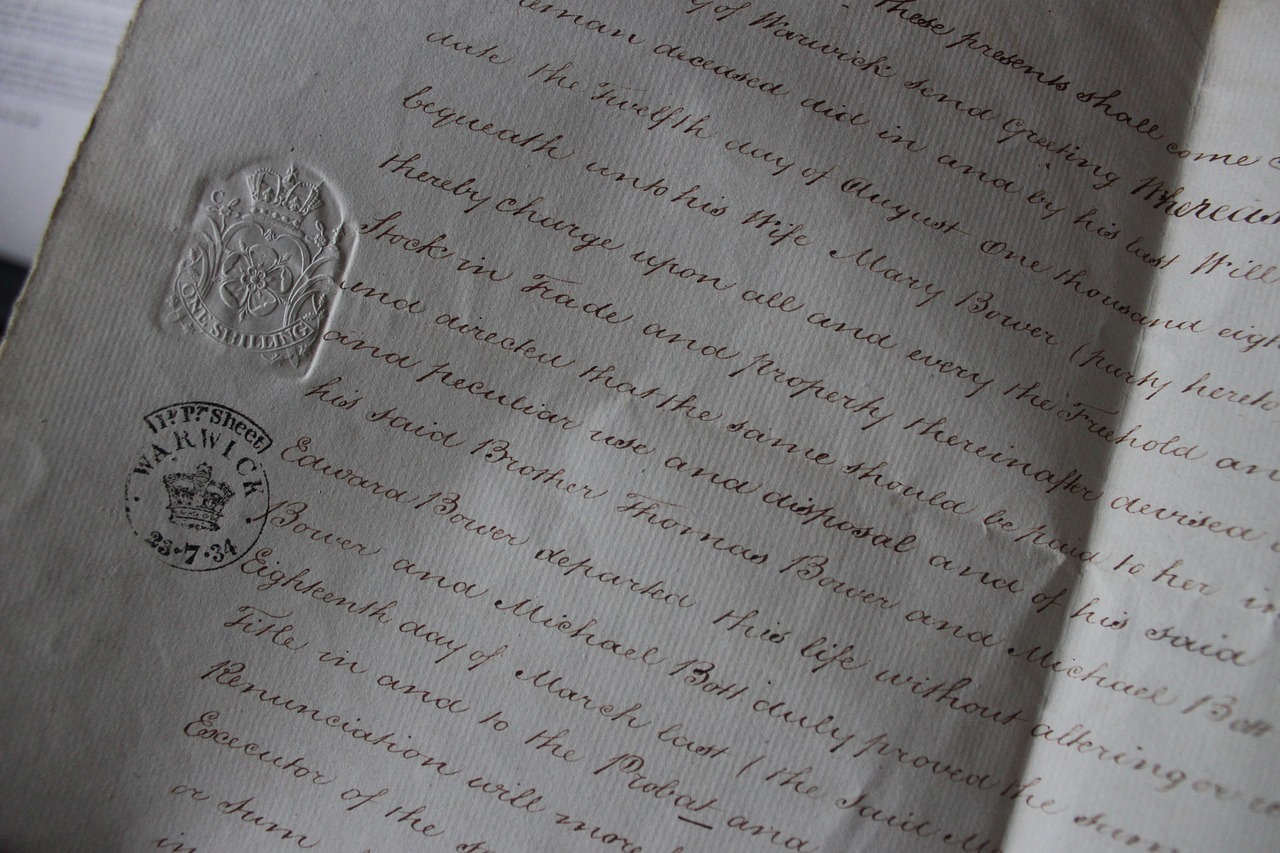Land ownership in the United States is typically governed by a system of deeds, mortgages, and government regulations. However, a lesser-known concept called allodial title represents the highest form of land ownership, free from government claims or feudal obligations. Understanding allodial title meaning, its legal standing, and how to get allodial title can be crucial for property owners seeking absolute control over their land. This article explores the origins of allodial title, its modern applicability, and which states recognize it, with a focus on allodial title Texas laws.

Table of Contents
- 1 What Is an Allodial Title
- 2 Allodial Title Value and Legal Implications
- 3 Allodial Title vs Fee Simple Ownership
- 4 Factors That Affect Allodial Title Recognition
- 5 Common Misconceptions About Allodial Title
- 6 Legal Strategies for Maximizing Property Rights
- 7 Summing All Up: The Reality of Allodial Title
- 8 Here are some FAQs about the allodial title:
What Is an Allodial Title
An allodial title is a form of property ownership where the landholder has complete and unencumbered rights to the property, with no obligations to a superior landlord or government entity. Unlike feudal systems where land was held under a monarch or state, allodial ownership means the land is owned outright without rent, liens, or taxation demands.
Historically, allodial titles were common in early societies before feudal systems emerged. In modern times, true allodial ownership is rare, as most property is subject to government taxes, zoning laws, and eminent domain. However, some legal frameworks still recognize aspects of allodial rights, particularly in certain states.
Allodial Title Value and Legal Implications
The primary value of an allodial title lies in its absolute ownership status. Traditional property ownership still subjects landowners to government-imposed conditions, such as:
-
Property taxes
-
Eminent domain seizure
-
Zoning restrictions
-
Liens and encumbrances
An allodial title, in theory, removes these obligations, granting the owner full autonomy. However, obtaining such a title in the modern legal system is complex and often limited to specific jurisdictions.
Allodial Title vs Fee Simple Ownership
The most common form of property ownership in the U.S. is fee simple, which grants broad rights but still subjects the owner to government regulations. Key differences include:
-
Fee Simple Ownership
-
Subject to property taxes
-
Government can impose eminent domain
-
Must comply with local zoning laws
-
-
Allodial Title
-
No obligation to pay property taxes (in theory)
-
Immune to government seizure (in limited cases)
-
Full autonomy over land use
-
While fee simple is the standard, some states have legal mechanisms that resemble allodial rights, though true allodial ownership is nearly extinct in practice.
Factors That Affect Allodial Title Recognition
Not all states recognize allodial title, and even where it exists, legal limitations apply. Key factors include:
-
State Laws
Some states, like Nevada and Texas, have explored allodial concepts for homestead protections, but full allodial ownership is not legally established. -
Government Regulations
Federal and state laws often override any claims of absolute ownership, particularly concerning taxation and land use. -
Historical Land Grants
In rare cases, historical land grants or treaties may provide near-allodial status, but these are exceptions rather than the rule.
Common Misconceptions About Allodial Title
Several myths surround allodial title, leading to confusion among property owners:
-
Myth: Allodial Title Eliminates All Government Control
While the concept implies full ownership, modern legal systems still impose restrictions, even in states with allodial-like provisions. -
Myth: Filing a Declaration Grants Allodial Title
Some believe that submitting a notarized declaration converts a deed into an allodial title, but courts generally reject such claims. -
Myth: Allodial Title Exists in All States
Only a few states have legal frameworks resembling allodial rights, and none offer complete immunity from government authority.

Legal Strategies for Maximizing Property Rights
Since true allodial title is nearly impossible to obtain, property owners can take alternative steps to strengthen their land rights:
-
Homestead Exemptions
Some states, including Texas, offer homestead protections that limit forced sales and tax liabilities. -
Land Patents
Historical land patents may provide stronger ownership claims, though they do not guarantee allodial status. -
Trust and LLC Ownership
Holding property in a trust or LLC can offer additional legal protections against certain claims.
Summing All Up: The Reality of Allodial Title
Allodial title represents the ideal of absolute land ownership, free from government interference. However, in the modern legal landscape, such ownership is largely theoretical. While some states, like Texas, have explored allodial-like protections, no U.S. jurisdiction fully recognizes true allodial title today. Property owners seeking greater autonomy should focus on legal strategies like homestead exemptions and land trusts rather than pursuing unattainable allodial claims. Understanding the limitations and legal realities ensures informed decision-making in property ownership.
Here are some FAQs about the allodial title:
Can you get an allodial title in the US?
True allodial title meaning complete land ownership without government claims is extremely rare in the US. While some states like Texas reference allodial title Texas in their laws, it’s not absolute ownership. The process of how to get allodial title varies by state, with Nevada being one of few offering limited options under specific conditions.
Does allodial title exist in the UK?
The UK land system doesn’t recognize allodial title meaning absolute ownership, as all land ultimately belongs to the Crown. What is an allodial title in theory differs from UK’s feudal land tenure system. While you can’t obtain true allodial title in the UK, freehold ownership comes closest in practice.
Can you get an allodial title in PA?
Pennsylvania doesn’t offer true allodial title meaning absolute land ownership without government claims. The concept of what is an allodial title differs from standard property ownership in PA. While some homestead protections exist, they don’t constitute full allodial title Texas-style provisions seen elsewhere.
Can I get an allodial title in California?
California doesn’t grant true allodial title meaning complete land ownership free from government claims. While researching how to get allodial title, you’ll find California’s system is based on standard fee simple ownership. The state doesn’t participate in what states of allodial title programs like Nevada’s limited version.
Do I own the land my house is on in the UK?
In the UK, you typically hold freehold or leasehold rights rather than allodial title meaning absolute ownership. What is an allodial title differs from UK’s system where all land ultimately belongs to the Crown. Even freehold ownership comes with certain obligations and potential government claims.
Can I just claim land in the UK?
You cannot legally claim land in the UK through adverse possession as easily as some allodial title Texas theories suggest. The process differs significantly from how to get allodial title concepts in the US. UK land claims require meeting strict legal criteria over many years of occupation.
Are you a lord if you own land in England?
Simply owning land in England doesn’t confer a lordship title, despite some allodial title meaning misconceptions. While what is an allodial title suggests absolute ownership, UK titles operate differently. Some historic properties may include courtesy titles, but these are separate from land ownership rights.


